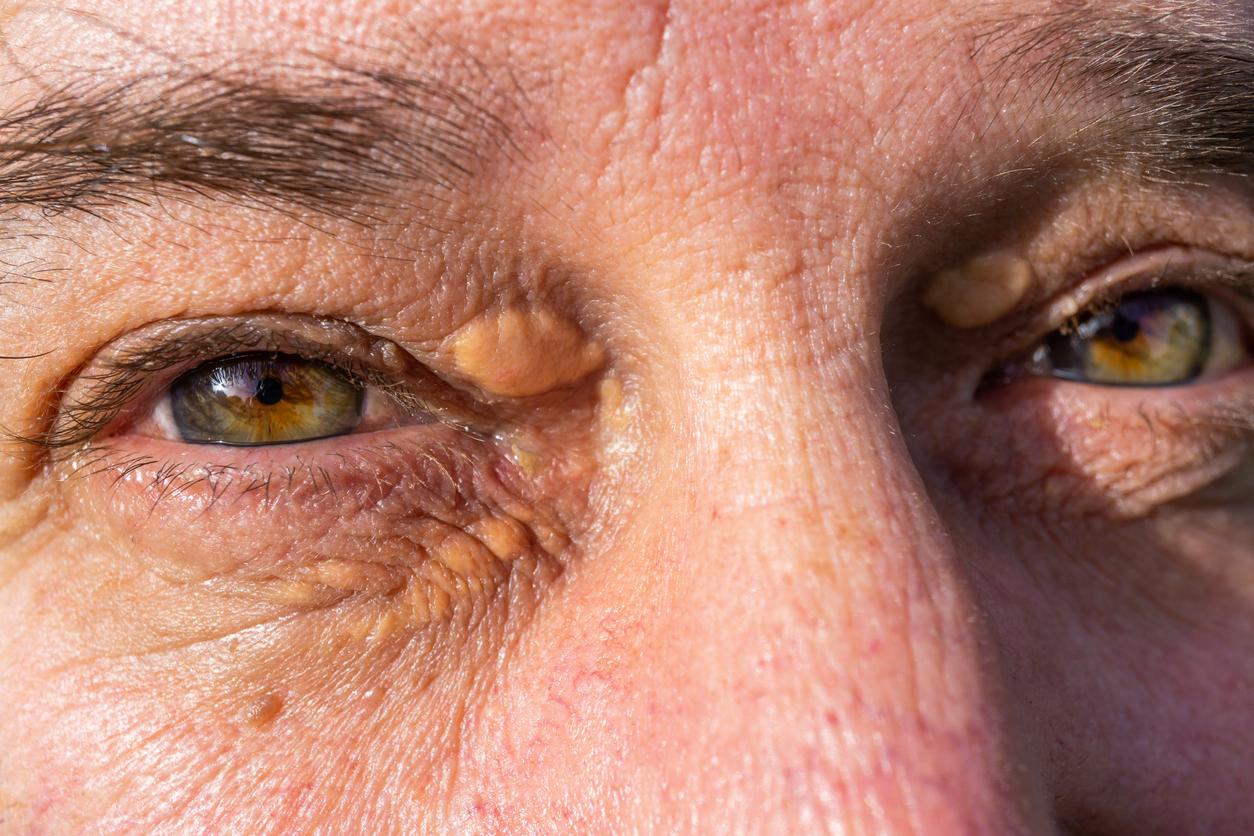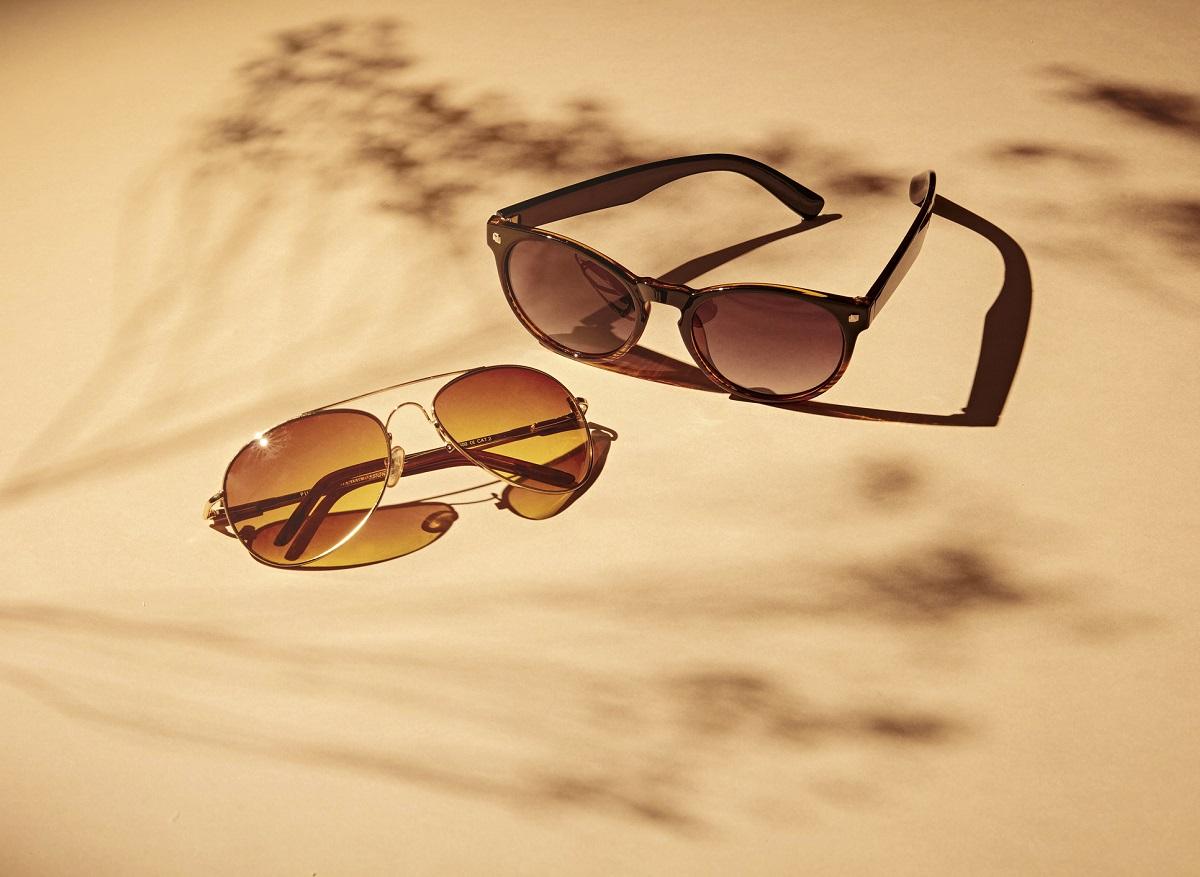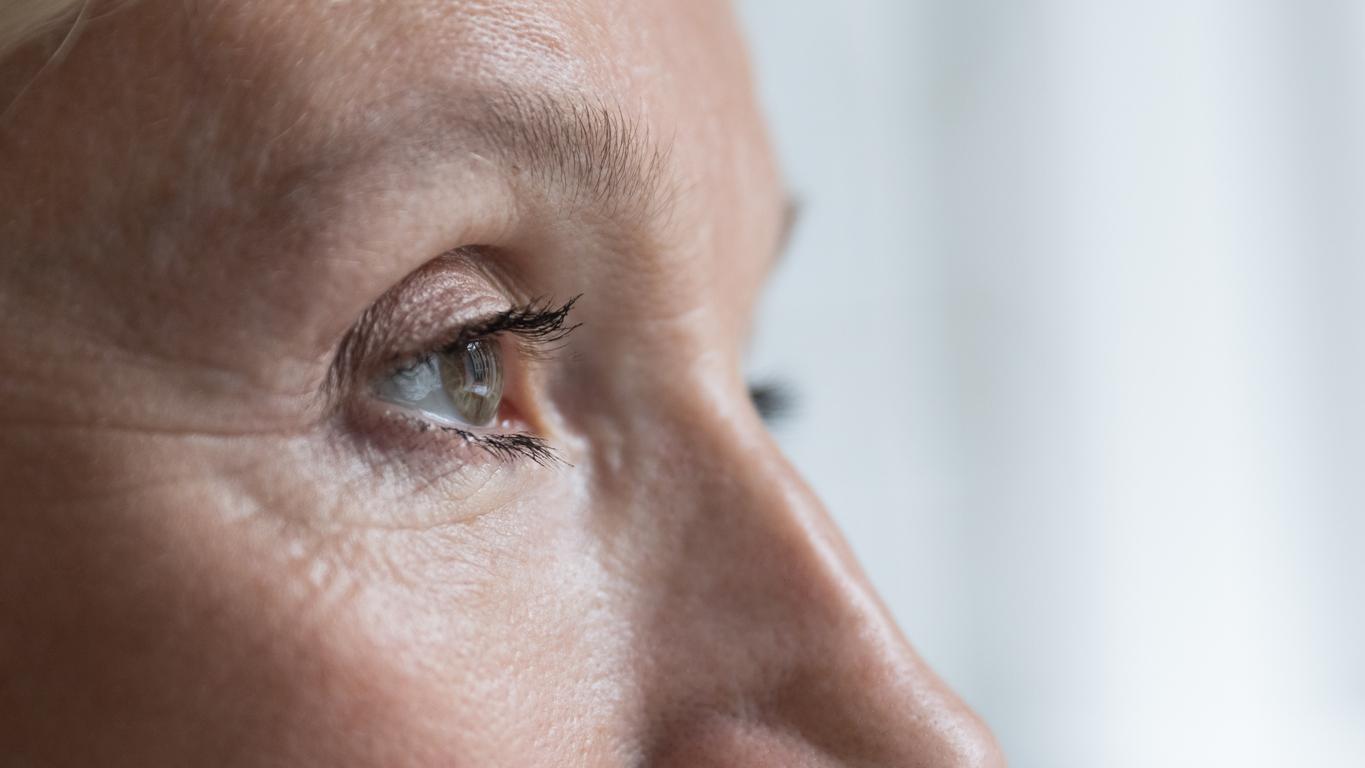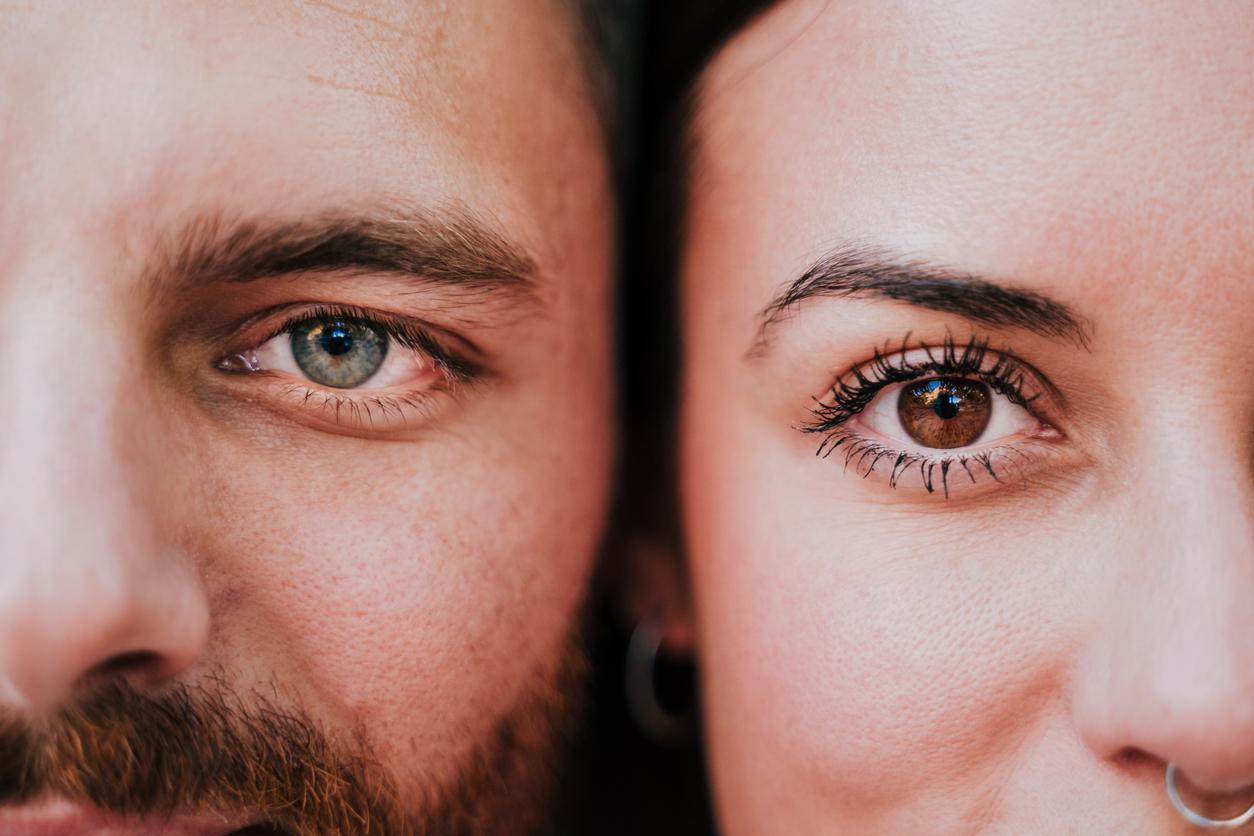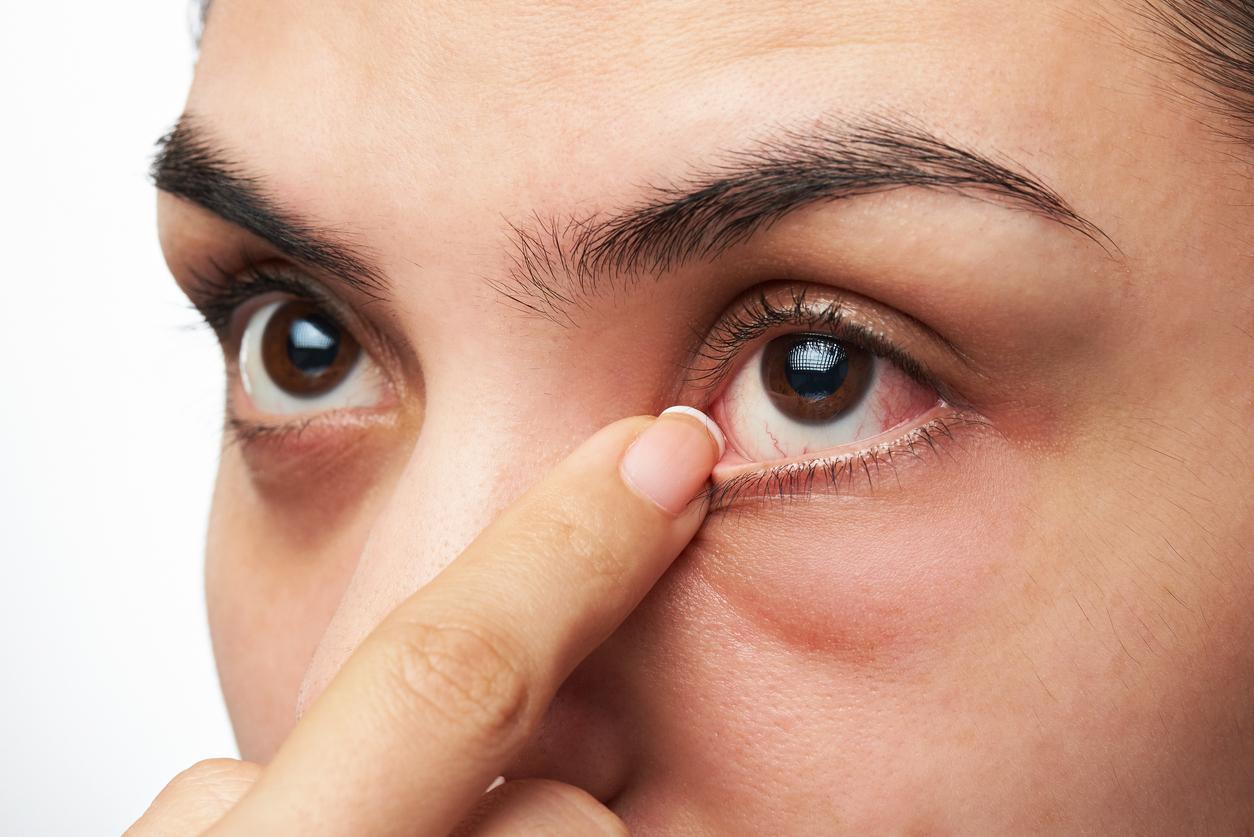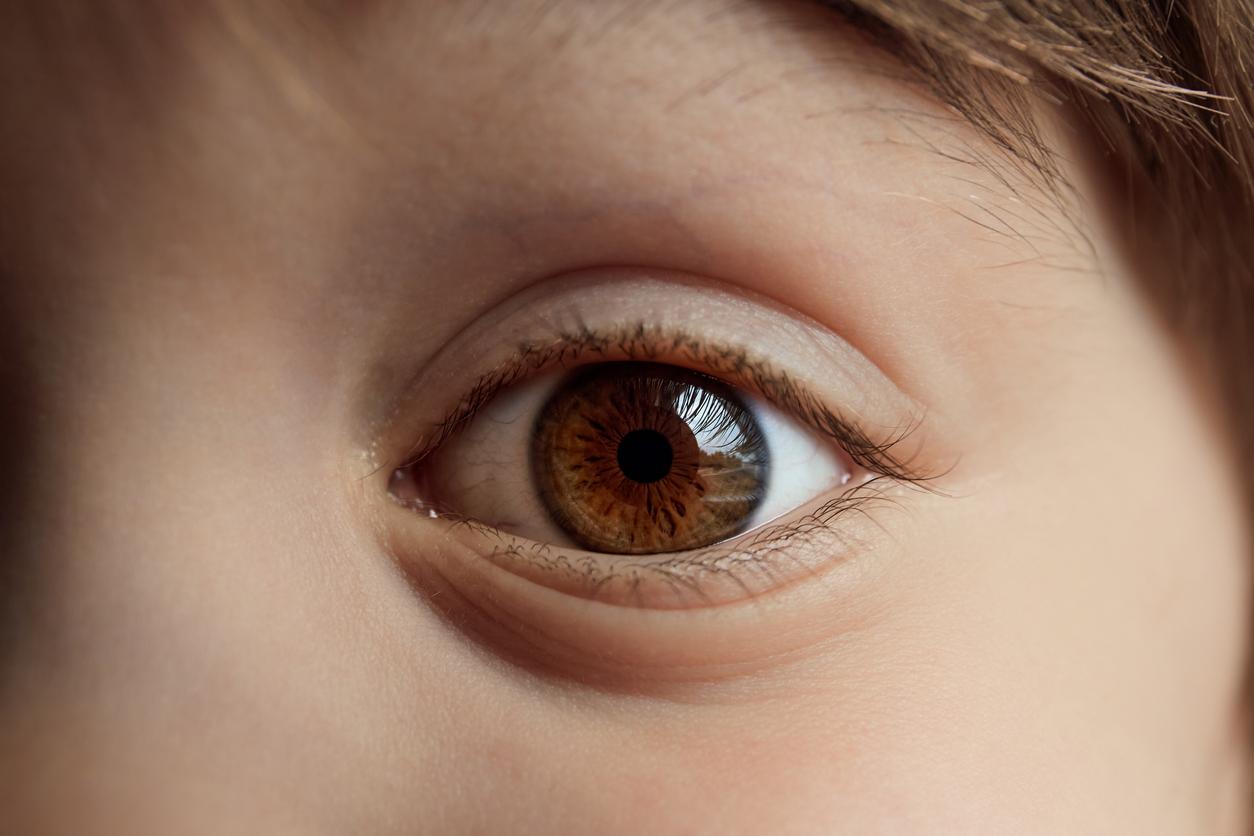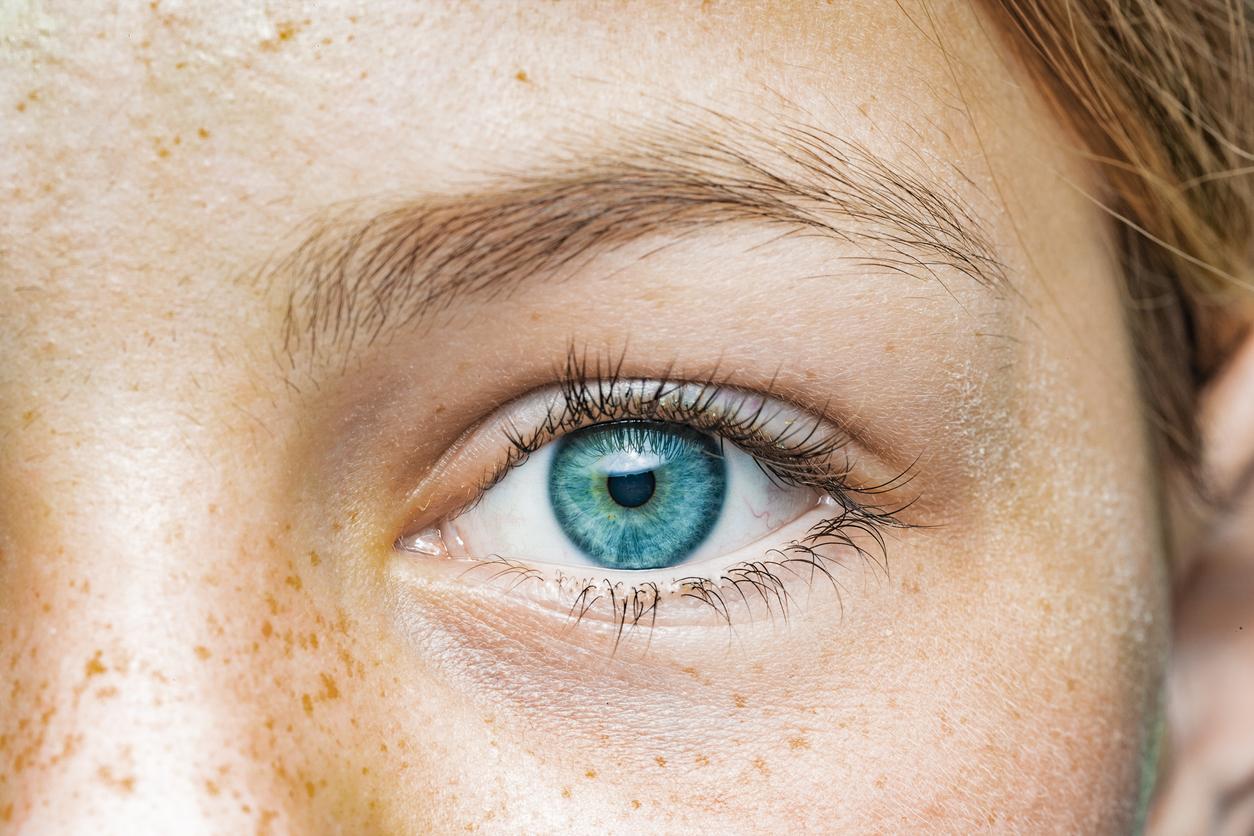
Like there’s a piece of dirt in your eye
When the heating or the air conditioning is on, you can suffer from irritated, watery eyes. It feels like there’s a grain of sand in it, but you can’t find it. You probably suffer from dry eyes. This problem often occurs among contact lens wearers, but also among people who do a lot of VDU work.
Dry eyes are not pleasant. They are accompanied by all kinds of complaints: itching, pain, stinging, redness, irritation, pressure, burning. You may also be more sensitive to light, have blurred vision and have glued eyelids when you wake up in the morning.
Reflex tears
It may seem illogical, but people with dry eyes often also have to deal with tearing eyes. You then cry so-called reflex tears. These tears have a different composition than the tear fluid and do not remain on the eye. So they do not help to moisten the eye, but immediately run over your cheeks.
tear film
How do you get dry eyes? The eyes need a moist protective layer against dehydration and dirt and to be able to see clearly. Mucous membranes and tear glands make this fluid. Every time you blink, the lids spread it over your eye, creating a thin layer called the tear film.
This tear film consists of three components, each of which has its own function. Seen from the outside first an oily layer, which prevents rapid evaporation of the tear fluid. Then follows a watery layer that rinses the eye clean. Underneath is a mucous layer that ensures an even distribution of the watery layer.
Too little good tear fluid
If the tear fluid evaporates too quickly, if you make too little of it or if you do not produce enough of one of the three components, you will get dry eyes. This can have several causes, including:
- Malfunctioning sebaceous glands due to old age, contact lenses wear, an eyelid margin infection or other eyelid abnormality.
- A conjunctiva disorder, eye disease or vitamin A deficiency, as a result of which you make too little of the mucous layer.
- Medication and hormonal changes such as the transition can cause you to produce less tears.
- A disorder of the lacrimal gland or an immune response against the lacrimal gland, for example the Sjogren’s syndrome, which reduces the production of tear fluid.
- Too little or not good enough blinking. This happens automatically to many people when they read or computer.
- Sleep with half-open eyes.
- Certain environmental factors, for example dry air due to heating or air conditioning, smoke, dust, contact lenses, cycling in the wind.
- Diabetics, the elderly and people who have a laser treatment have undergone, are also more likely to get dry eyes.
Prevent irritation
If there is an identifiable cause for the dry eyes, such as a disease or eye infection, it must first be addressed. Often it is not clear why you have dry eyes. Then the treatment is aimed at relieving the symptoms.
Make sure that you blink enough and that the humidity in the house is maintained, possibly with the help of a humidifier or containers of water on the radiators. Try to avoid air conditioners and blowers and don’t rub your eyes. On the bike or if the wind blows a good closing glasses can prevent the tears from trickling down your cheeks.
artificial tears
If necessary, the GP can prescribe artificial tears in the form of drops, gel or ointment. You may use this as often and for as long as you deem necessary. There are variants with preservative and without. Some users actually get irritated eyes from preservatives. Certain preservatives do not mix well with contact lenses.
In severe dry eyes, a doctor can also (temporarily) close the drainage channel through which tears are drained normally. The tear fluid then floats on the eye for longer.









